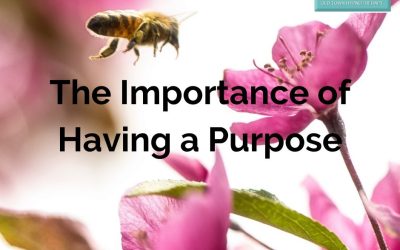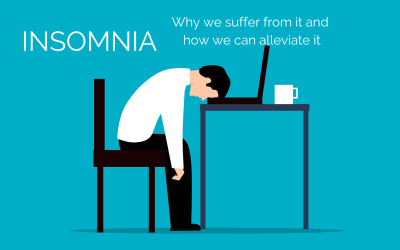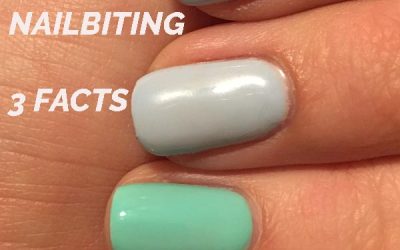
Why you gain weight when you have depression
Author – Emma Triplett
When we’re looking to understand certain human behaviours, sometimes it’s helpful to go back into the past.
I don’t mean our own childhood – although, hold that thought, what we learn as a child does influence our behaviour around food in later life and I will return to that subject to explain shortly, I’m talking way way back into the past, several hundred thousand years in fact.
Our primitive ancestors lived through a repetitive cycle of feast and famine. During times of plenty they would fill their bellies, eating as much fat as possible to put on weight and reserves to prepare for the famine that inevitably followed. When famine arrived their bodies would go into flight/fight and their metabolism would slow down to hang on to as much energy, in the way of fat, as possible to last them until the feast arrived again.
So, we are programmed for the feast famine cycle, however, in these times of modern plenty, we don’t’ get too much of the famine, food is all around us and our cupboards are often stocked, so we get stuck in the feast cycle.
Now the difference between our primitive ancestors and us in the 21st century is lifestyle, we still have that primitive blueprint which controls our physiology. Today however our basic needs are mostly taken care of – safety and shelter, so generally we are not operating in the survival mode our ancestors had to – it’s not quite as dangerous to obtain our food as it was back then.
But when we think in a negative way, negatively introspecting about our life, ourselves or the past which people do when they have depression, our brain doesn’t understand the difference between a dangerous situation, for example, being isolated from the tribe and a modern day problem of us thinking life is hard and I can’t cope or we’ve had an argument, it interprets it all as crisis, emergency or danger and the primitive flight/fight response part of the brain steps in to take control.
When it does, it behaves in a particular way, it takes everything to the worst possible scenario and catastrophises, it obsesses about things and it wont let you forget about problems, just as it would behave if a dangerous saber tooth tiger were prowling around outside your cave.
Furthermore, it will think in terms of all or nothing and make everything about you, it will hijack your imagination telling you other people are thinking negatively about you and it will encourage you to withdraw into your cave and push the world away.
As you withdraw and do less and less of the things that make you happy, slowing your serotonin levels drop. Serotonin is a vital neurotransmitter that helps you cope with life, it makes you feel happy, motivates you, makes you braver, helps you cope with physical fear, helps you cope with pain, boosts your immune system – but importantly it is also your off switch for your appetite.
So, now you find yourself in the flight/fight mode, activating the primitive part of your brain that wants to feast or famine with food all around and without an off switch for your appetite.
What’s more, sugar is a serotonin substitute, it temporarily makes you feel better and gives you a small boost of energy, but it is only a substitute and doesn’t have the same positive qualities as the real thing.
This is why depression and weight gain or loss are so frequently linked. As you think negatively, you activate the primitive part of your brain that wants to feast or famine without an off switch for your appetite.
So how do you turn it around, lose weight naturally and come out of depression?
You produce more serotonin.
Everyone has the ability to increase their serotonin levels.
How you think determines how you feel and how you feel determines how you behave or what you can or can’t do.
It all starts with the way you think and you making the decision to do something about it. Then producing serotonin falls into three major categories
Positive Activity – especially any physical activity. Exercise does amazing thing for the brain, it’s not about the body at all, exercise burns off adrenalin which they are producing far too much of and activating their flight/fight response system and it also produces serotonin which helps them cope with anything, makes the braver, gives them confidence and make them feel happy.
Positive Interaction – spending time with people they enjoy being with. Being too isolated only gives them time to what-if and worry. Be with people in person, social media and technology – although good for keeping in touch, is something that creates anxiety.
Positive thinking – focusing on the good things in your life and turning what you tell yourself you can’t do into I can, I will.
If you have an inspiring story or something to share that you think will help others wrestling with anxiety or depression, I would love to hear from you. If you have found in particular strategy helpful, chances are that someone else will also benefit, spread the word, share the love and help the fight back against the epidemic of anxiety and depression spreading across the western world.
Wishing you health, wealth, happiness and success


More Articles to help anxiety and depression
Arrange a Free Initial Consultation in Cirencester, Exeter, Plymouth, Swindon or by Skype
Shop Online for Courses, eBooks and Self Hypnosis Tracks to help anxiety and depression
Sunlight and Mental Health
The importance of sunlight for a healthy mind.
Understanding Anxiety
Understanding the biological, psychological and environmental reasons that lead to anxiety disorders.
We may have heard that having a purpose in life is important. But what actually is a purpose? Why is having one important and how do we find one?
Insomnia – why we suffer from it and 6 ways to alleviate it.
Most of us have suffered from Insomnia at some point in our lives. Sleep is the foundation of our mental and physical wellbeing, we simply don’t function well without regular, healthy sleep. Understanding why we suffer from sleep disruption can help us to avoid it.
Christmas Coping Strategies
Christmas Coping Strategies ‘Tis the season to be Jolly? Not for everyone. A recent study found that half of UK adults claim Christmas is the most stressful and anxiety-inducing time of the year. 16% of those surveyed said they would rather do their tax return than...
3 Facts About Nail Biting
Do you bite your nails? Around 20% of us do. Here are 3 facts about why we do it and how Old Town Hypnotherapy can help.
Disclaimer | Privacy Policy | Terms and Conditions
Copyright © OLD TOWN HYPNOTHERAPY 2016 All Rights Reserved







